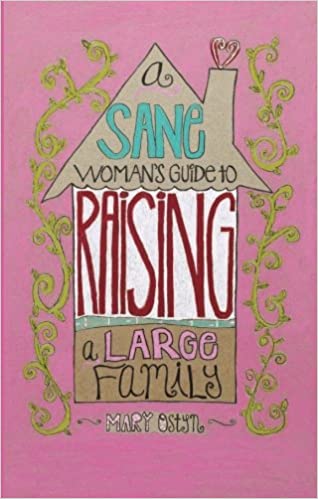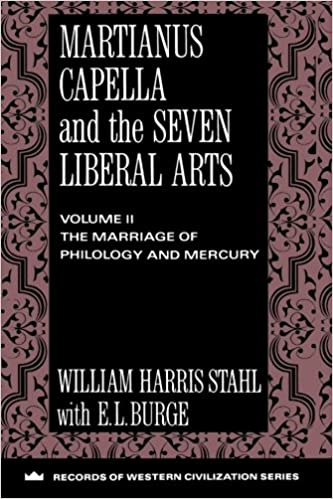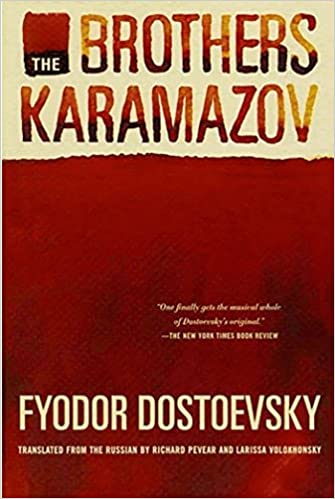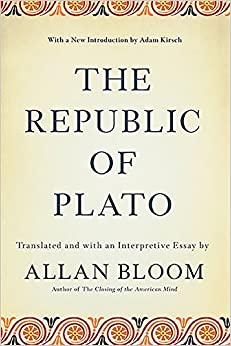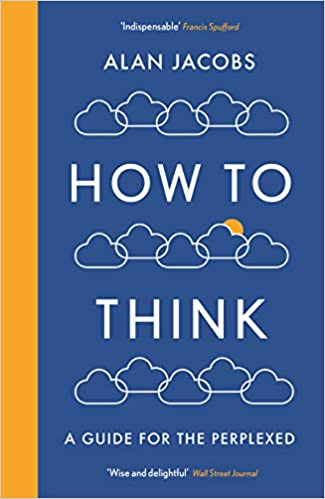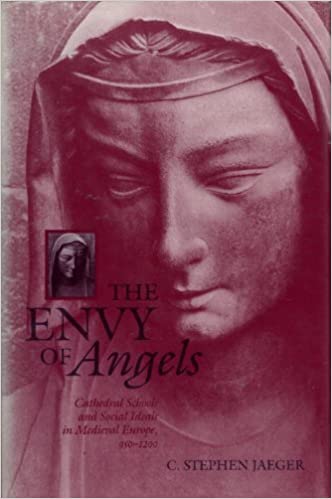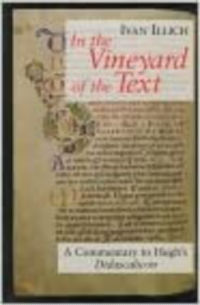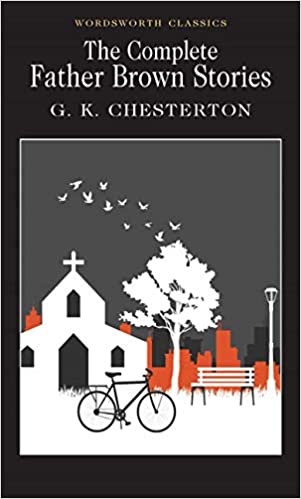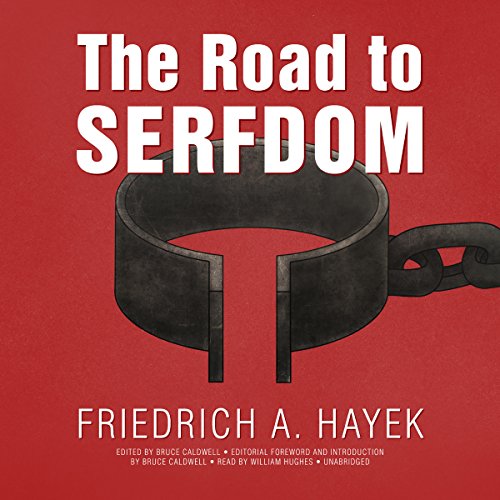Mystie Winckler
A Sane Woman’s Guide To Raising A Family
A SANE WOMAN'S GUIDE TO RAISING A LARGE FAMILY is written from the practical, experienced perspective of a mother of ten and has thoughtful, helpful answers to important questions, such as: Can a mother meet the needs of multiple children without drowning in sheer neediness? How can a moderate income stretch to include more children? How can you make space in your home work for you? What are some ideas for handling mountains of laundry? How can you preserve time for yourself and your marriage? How can you manage multiple children and their activities?
More info →Leisure: The Basis of Culture
One of the most important philosophy titles published in the twentieth century, Josef Pieper's Leisure, the Basis of Culture is more significant, even more crucial, today than it was when it first appeared more than fifty years ago. This edition also includes his work The Philosophical Act. Leisure is an attitude of the mind and a condition of the soul that fosters a capacity to perceive the reality of the world. Pieper shows that the Greeks and medieval Europeans, understood the great value and importance of leisure. He also points out that religion can be born only in leisure -- a leisure that allows time for the contemplation of the nature of God. Leisure has been, and always will be, the first foundation of any culture. Pieper maintains that our bourgeois world of total labor has vanquished leisure, and issues a startling warning: Unless we regain the art of silence and insight, the ability for non-activity, unless we substitute true leisure for our hectic amusements, we will destroy our culture -- and ourselves.
More info →Martianus Capella and the Seven Liberal Arts, volume II: The Marriage of Mercury & Philology
Part of a detailed compendium of late-Roman learning in each of the seven liberal arts, set within an amusing mythological-allegorical tale of courtship and marriage among the pagan gods. The text provides an understanding of medieval allegory and the components of a medieval education.
More info →The Didascalicon of Hugh of Saint Victor: A Guide to the Arts
The Brothers Karamazov
"The Brothers Karamasov is a murder mystery, a courtroom drama, and an exploration of erotic rivalry in a series of triangular love affairs involving the “wicked and sentimental” Fyodor Pavlovich Karamazov and his three sons―the impulsive and sensual Dmitri; the coldly rational Ivan; and the healthy, red-cheeked young novice Alyosha. Through the gripping events of their story, Dostoevsky portrays the whole of Russian life, is social and spiritual striving, in what was both the golden age and a tragic turning point in Russian culture.
This award-winning translation by Richard Pevear and Larissa Volokhonsky remains true to the verbal
inventiveness of Dostoevsky’s prose, preserving the multiple voices, the humor, and the surprising modernity of the original. It is an achievement worthy of Dostoevsky’s last and greatest novel."
The Republic of Plato
The definitive translation of Plato's Republic, the most influential text in the history of Western philosophy
Long regarded as the most accurate rendering of Plato's Republic that has yet been published, this widely acclaimed translation by Allan Bloom was the first to take a strictly literal approach. In addition to the annotated text, there is also a rich and valuable essay -- as well as indices -- which will enable readers to better understand the heart of Plato's intention.
More info →How To Think: A Guide for the Perplexed
How to Think is a contrarian treatise on why we're not as good at thinking as we assume - but how recovering this lost art can rescue our inner lives from the chaos of modern life.
Most of us don't want to think, writes the American essayist Alan Jacobs. Thinking is trouble. It can force us out of familiar, comforting habits, and it can complicate our relationships with like-minded friends. Finally, thinking is slow, and that's a problem when our habits of consuming information (mostly online) leave us lost in the echo chamber of social media, where speed and factionalism trump accuracy and nuance.
More info →The Envy of Angels: Cathedral Schools and Social Ideals in Medieval Europe, 950-1200
Before the rise of universities, cathedral schools educated students in a course of studies aimed at perfecting their physical presence, their manners, and their eloquence. The formula of cathedral schools was "letters and manners" (litterae et mores), which asserts a pedagogic program as broad as the modern "letters and science." The main instrument of what C. Stephen Jaeger calls "charismatic pedagogy" was the master's personality, his physical presence radiating a transforming force to his students. In The Envy of Angels, Jaeger explores this intriguing chapter in the history of ideas and higher learning and opens a new view of intellectual and social life in eleventh- and early twelfth-century Europe.
More info →The Liberal Arts Tradition: A Philosophy of Christian Classical Education (Revised Edition)
The Liberal Arts Tradition: A Philosophy of Christian Classical Education introduces readers to a paradigm for understanding a classical education that transcends the familiar 3-stage pattern of grammar, logic, and rhetoric. Instead, this book describes the liberal arts as a central part of a larger and more robust paradigm of classical education that should consist of piety, gymnastic, music, liberal arts, philosophy, and theology. The Liberal Arts Tradition also recovers the means by which classical educators developed more than just intellectual virtue (by means of the 7 liberal arts) but holistically cultivated the mind, body, will, and affections. This is a must-read for educators who want to take a second big step toward recovering the tradition of classical education.
More info →In the Vineyard of the Text: A Commentary to Hugh’s Didascalicon
In a work with profound implications for the electronic age, Ivan Illich explores how revolutions in technology affect the way we read and understand text.
Examining the Didascalicon of Hugh of St. Victor, Illich celebrates the culture of the book from the twelfth century to the present. Hugh's work, at once an encyclopedia and guide to the art of reading, reveals a twelfth-century revolution as sweeping as that brought about by the invention of the printing press and equal in magnitude only to the changes of the computer age—the transition from reading as a vocal activity done in the monastery to reading as a predominantly silent activity performed by and for individuals.
More info →The Complete Father Brown Stories
Father Brown, one of the most quirkily genial and lovable characters to emerge from English detective fiction, first made his appearance in The Innocence of Father Brown in 1911. That first collection of stories established G.K. Chesterton's kindly cleric in the front rank of eccentric sleuths. This complete collection contains all the favourite Father Brown stories, showing a quiet wit and compassion that has endeared him to many, whilst solving his mysteries by a mixture of imagination and a sympathetic worldliness in a totally believable manner.
More info →The Road to Serfdom
An unimpeachable classic work in political philosophy, intellectual and cultural history, and economics, The Road to Serfdom has inspired and infuriated politicians, scholars, and the public for half a century. Originally published in 1944 - when Eleanor Roosevelt supported the efforts of Stalin, and Albert Einstein subscribed lock, stock, and barrel to the socialist program - The Road to Serfdom was seen as heretical for its passionate warning against the dangers of state control over the means of production. For F. A. Hayek, the collectivist idea of empowering government with increasing economic control would lead not to a utopia but to the horrors of Nazi Germany and Fascist Italy. First published by the University of Chicago Press on September 18, 1944, The Road to Serfdom garnered immediate, widespread attention. The first printing of 2,000 copies was exhausted instantly, and within six months more than 30,000 books were sold. In April 1945, Reader's Digest published a condensed version of the book, and soon thereafter the Book-of-the-Month Club distributed this edition to more than 600,000 readers. A perennial best seller, the book has sold 400,000 copies in the United States alone and has been translated into more than 20 languages, along the way becoming one of the most important and influential books of the century. With this new edition, The Road to Serfdom takes its place in the series the Collected Works of F. A. Hayek. The volume includes a foreword by series editor and leading Hayek scholar Bruce Caldwell explaining the book's origins and publishing history and assessing common misinterpretations of Hayek's thought. Caldwell has also standardized and corrected Hayek's references and added helpful new explanatory notes. Supplemented with an appendix of related materials ranging from prepublication reports on the initial manuscript to forewords to earlier editions by John Chamberlain, Milton Friedman, and Hayek himself, this new edition of The Road to Serfdom is the definitive version of Hayek's enduring masterwork.
More info →
